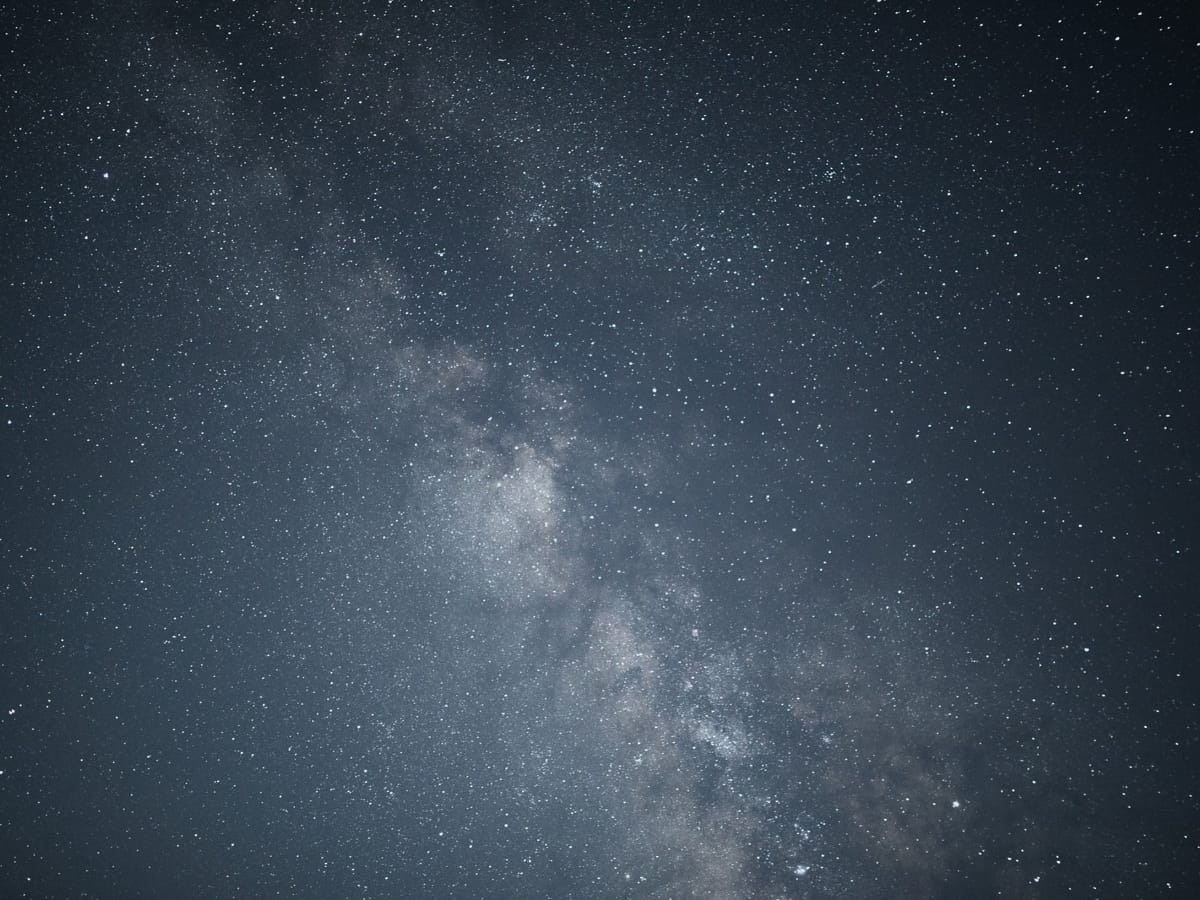- Tags:
- astronomy / Japanese language / semantics / Translation
Related Article
-

A former Danish diplomat released an efficient kanji memorizing software with more features!
-

Why Japanese People: how Westerners struggle with katakana borrowed words in Japanese
-

Realizing a dream life in Japan: Interview with Jenya, professional voice actress and singer
-

Japanese Student Translates Trump Tweets For English Practice, Learns The Best Words
-

Manga trans. system Mantra Engine combats piracy, produces Eng. ver. of “Kengan Omega,” others
-

Japanese Voices: @17 no Gokitaku Shimasenka? #25



I’d like to start with a (hopefully) simple question.
What is the closest star to Earth?
Do you know the answer? I feel like I shouldn’t even have to say it.
But let’s just set things straight from the beginning.
The closest star to Earth is the Sun at about 93 million miles (roughly 150 million km) away. We orbit the sun and the sun orbits the Galactic Center of the Milky Way Galaxy.
Did you know that the Sun is the closest star to Earth?
You did right? I hope so.
As my co-worker Tom said repeatedly, even his 4-year-old niece knows.
Actually if you had to do a Google search to be sure, you might be a bit confused. Look at my search results.
My guess is that Google figures people are asking what’s the closest star to Earth besides the Sun.
Anyways…
Why am I making such a big deal about this?
Recently, Tom asked me this astronomical question. I panicked for a moment, wondering if this is where I find out I’ve been working with a Flat Earther. (If you don’t know what a Flat Earther is, then lucky you. You can find out more here)
Tom turns out not to be a Flat Earther. He had simply been struck by the fact that every Japanese person he asked could not answer this question correctly.
Reproduced with permission from Tom
So, like I told Tom, I went ahead and conducted my own survey.
What’s the closest star to Earth?
I started by asking a few of my Japanese friends and colleagues at my conversation school.
For those who don’t speak English, I translated my question as:
地球から一番近い星は何ですか? (chikyū kara ichiban chikai hoshi was nan desuka?)
The first four people I asked went 0/4. Answers ranged from Jupiter, Venus, Mars, and even the Moon.
Not looking good, I thought. Why was everyone answering with planets? I told Tom perhaps it’s not a lack of astronomical knowledge, but rather an issue of language.
So I looked up ‘star’ in my Japanese dictionary to see what came up. Sure enough, the first entry was 星 (hoshi), just like I had asked.
As for planet, the Japanese term is 惑星, pronounced wakusei.
After digging a bit more, I also found the term 恒星, pronounced kōsei. Here’s a definition from jisho.org:
Although all the example sentences for 星 translated as ‘star,’ I figured this was simply a semantic issue. So I had to ask another question:
惑星は星に含まれていると思う? (wakusei was hoshi ni fukumareteiru to omou?) “Are planets also considered stars?”
The answer to that was a simple yes. So when I told my friends that stars and planets are distinct from each other in English, they were able to answer my question correctly the second time.
My faith in Japanese people has been restored and everyone learned something new.
Although Tom had jumped to the wrong conclusion, everything has been settled peaceably.
My job is done here.
Go ahead and ask your Japanese friends what the closest star to Earth is, just to see if they know.